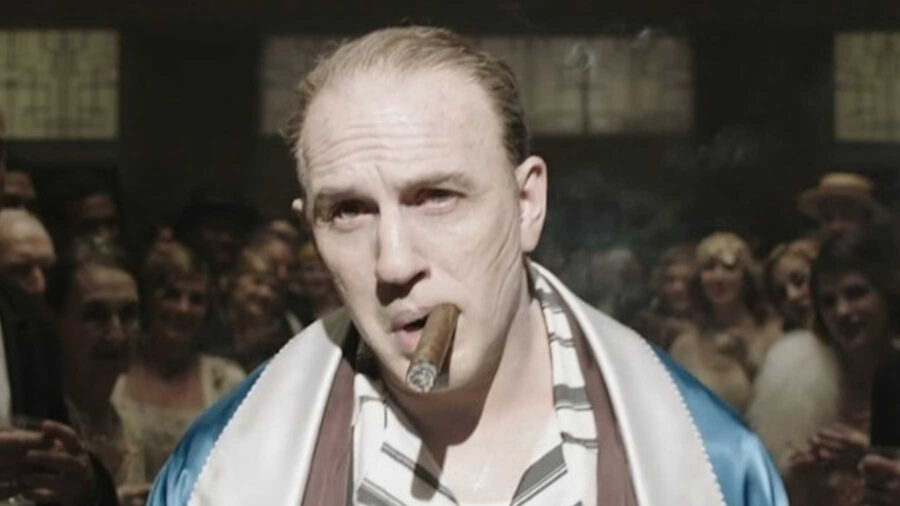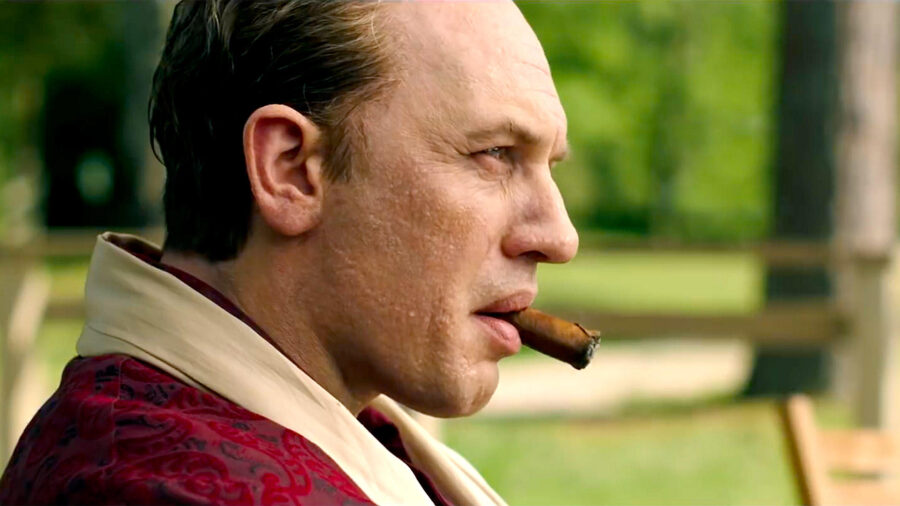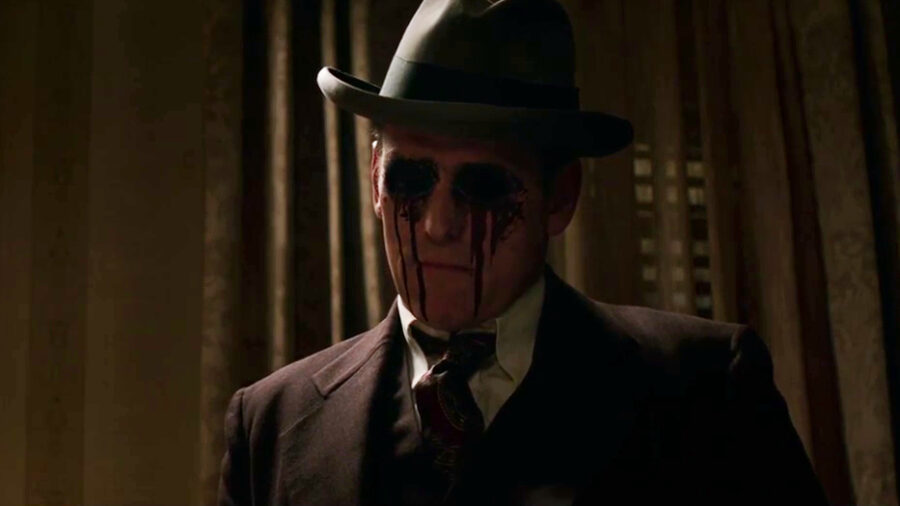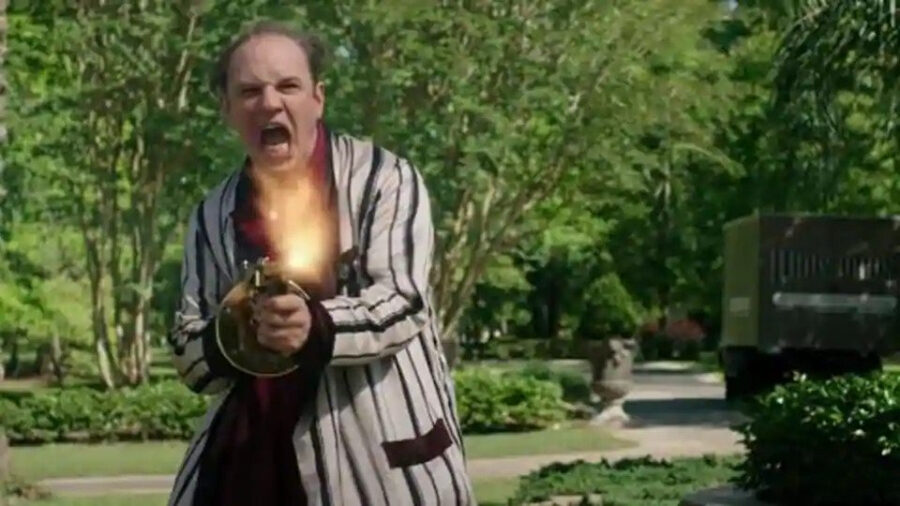Capone Movie Review: Tom Hardy And Josh Trank Turn A Mobster Into A Monster
Capone is going to surprise and potentially disappoint a lot of people. That's not because of its quality but because of its intentions.
This article is more than 2 years old

Capone is going to surprise and potentially disappoint a lot of people. That’s not because of its quality but because of its intentions. Instead of providing the usual experience you might expect from a movie about notorious gangster Al “Scarface” Capone, the new film from writer/director Josh Trank decides to focus in on the final year of the mob boss’s life. That’s when he was rotting away in Florida and succumbing to neurosyphilis. So if you’re looking for a typical crime flick about the glamorous rise and tragic fall of a morally complex protagonist, this ain’t it.
Instead, Capone is a surreal and often creepy tale about a once-great king who has now fallen into madness. Tom Hardy plays the infamous mafioso like a decrepit goblin, grunting his lines as if he’s more animal than man. We all have come to expect extreme performances from Hardy and Capone is no exception. At times, the events on-screen are so bizarre that Hardy’s reactions and choices take everything to a comically absurd level. But, this doesn’t always feel unintentional. There’s a clear desire here to turn a lionized historical figure into a pitiful monster. In that regard, Hardy’s approach works.

Unfortunately, Hardy’s acting (and his overt makeup) end up overshadowing the rest of the cast and plot. The supporting cast is filled with excellent talents like Linda Cardellini, Kyle MacLachlan, Matt Dillon, and more. While they all do good work, they just can’t stand next to Hardy and not be eaten up by his scenery chewing.
The most revealing and intriguing thing about Capone has to do with writer/editor/director Josh Trank. This is Trank’s return to feature filmmaking after the widely scrutinized release of Fantastic Four. A recent profile on Trank delved into the chaos and aftermath of that production, and it’s clear that Trank wanted to come back with a film that felt truly personal.
And Capone certainly feels personal. Trank weaves in a plotline about Capone’s illegitimate son that feels like Trank’s surrogate by the film’s end. This son continually tries to reach out to his father to try and reconnect with him before he eventually dies. If we take this read of the film, Capone himself would seem to represent the business of Hollywood; an empire that is now broken and insane from Trank’s perspective. Yet, he still reaches out to it because he can’t help but love it.

Even if you remove this more metaphorical analysis of the movie, Trank showcases a deft hand for surreal horror in Capone. In fact, that’s been a running theme throughout his entire feature filmography. It almost seems like Trank is a skilled horror director – I’ll go to bat for the pure horror elements of Fantastic Four – who keeps getting into movies that audiences won’t (or don’t want to) see as horror. As the syphilitic Capone wanders through his mansion, he’s visited by ghosts of his past and his own paranoias. It’s these sequences that stand out in the movie. Capone has more in common with The Shining than it does Goodfellas.
Again, that’s probably going to be jarring for most viewers. Capone is a melancholy and often hallucinatory trip through the failing mind and body of a ruthless gangster. This is a movie whose climactic moment has its titular character strolling through his yard in a robe and diaper with a golden Tommy gun in his hand and a carrot in his mouth. It’s absurd, pathetic, and horrifying which sums up the entire film. Thanks to a confident take and assured execution from Josh Trank, this is a movie that will likely be remembered as one of the more unique entries in the gangster sub-genre.

Capone Movie Review Score:













